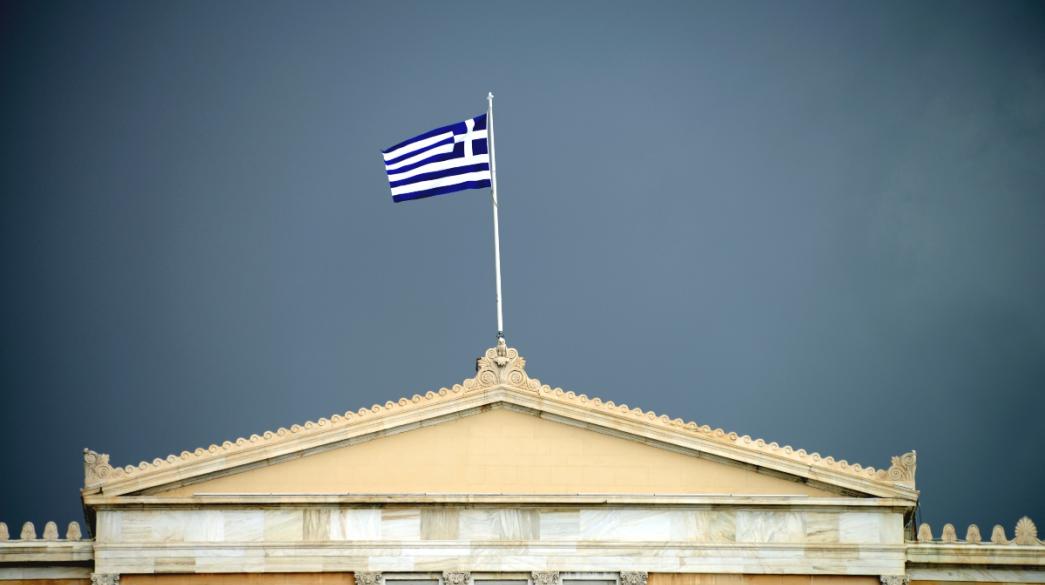Four unknown factors will determine the depth of the recession for 2020 with a milestone coming up in September when a clear picture of the economic damage caused by the pandemic will be known. Although the Finance Ministry believes that GDP data in the first quarter (-1.6% and -0.9% on an annual basis) was not "catastrophic, nor extreme", concerns remain about the economy's productive base and consumption.
As pointed out by officials, the keys to development are tourism, construction, investment, and the scope for the government to intervene in order to stem the crisis. They estimate that in the second quarter of the year, due to the general lockdown, the damage to GDP will be considerable and do not rule out contraction exceeding 15 percent. If nothing unexpected happens in coming quarters, the drop off rates are seen as slowing down significantly.
These projections, which indicate that there will be an 8 percent recession rate for the year (lower than the negative 10 percent rate forecast by the Commission and the IMF) are based on the following assumptions:
- Tourism in the summer will not collapse and will hold onto part of last year's traffic, replenishing at least a third of the revenue that reached 19 billion euros. Forecasts predict the arrival of 9 million tourists out of a total of about 31 million people in 2019. Of course, the issue is not only quantitative, as SETE data on tourism spending show that the lion's share of the country's total revenue comes from Germany, the UK, the United States, France, and Italy. The landscape is unclear and no one can predict how tourism will evolve, regarding foreign and domestic travelers. Tourism can also breathe life into the restaurant business where the messages are worrying, as one in three businesses is on the brink of collapse, showing a drop in turnover of up to 70 percent straight after the lockdown period.
- A partial recovery in the building sector that was frozen due to a coronavirus and is one of the main drivers of growth with a significant contribution to GDP. However, there is uncertainty in the construction industry, due to serious delays in major projects.
- Activity in the investment sector with the promotion and implementation of private sector projects and funds from the Public Investment Program and the NSRF. However, restoring a climate of stability and confidence in the economy's prospects by Greek and foreign investors is what is needed. The figures so far are not encouraging, as ELSTAT recorded a drop in investment of more than 8 percent in the first quarter.
- An inflow of resources from European funds that will boost the state's financial strength, allowing it to take measures against the coronavirus and provide the market with liquidity by maintaining cash at satisfactory levels and fiscal resilience. However, there is still no exact timetable on the disbursement of funds from the European Commission's packages, while spending hikes and revenue shortfalls are causing the budget to derail. A Finance Ministry official stressed that the summer months will be crucial for the course of the economy and will determine the government's next moves with decisions expected in September.
According to ELSTAT data, GDP gave up 776 million euros in the first quarter of the year, amounting to 47.7 billion euros, versus 48.5 billion euros in the previous quarter, mainly due to a 475 million euro drop in investments and a dip of 289 million euros in consumer spending by households. Based on the quarterly change, the recession reached 1.6 percent and is the highest since 2013, when it was 2.2 percent.








